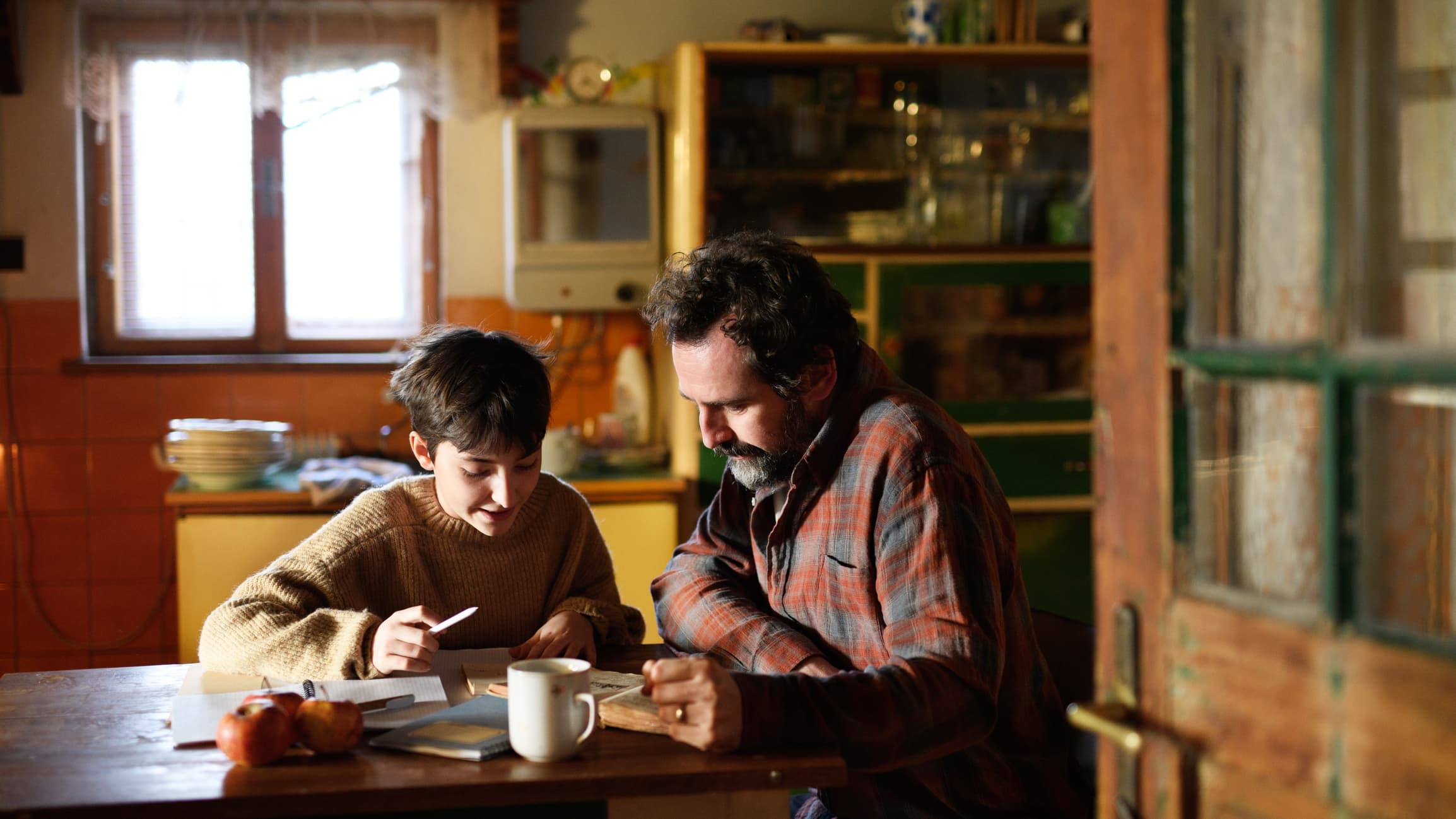Many Americans are looking to Labor Day with dread. That’s when some 7.5 million of them will stop receiving their unemployment benefits.
The number is more than five times the 1.3 million people who lost aid in December 2013 as the country walked away from the Great Recession.
Although the economy has been improving from the public health crisis at a steady clip, the U.S. is still down more than 5.5 million jobs from February 2020. And the rapid spread of the delta variant threatens to make people’s return to work more complicated, with the country currently averaging 100,000 new Covid cases a day.
More from Personal Finance:
How stimulus checks changed Americans’ ability to cover emergencies
Early end to federal unemployment pay not getting people back to work
Are you protected under the new eviction ban? How to figure that out
As a result, Andrew Stettner, a senior fellow at The Century Foundation and a national unemployment expert, is sounding the alarm about the consequences of ending the benefits next month. CNBC spoke with him last week. The interview below has been edited and condensed for clarity.
CNBC: How did unemployment benefits change during the pandemic?
AS: Congress decided to cover a lot of people who were normally ineligible for benefits, including gig workers and freelancers, and people who couldn’t work because they had to take care of their kids with school closed. We also increased the amount of the benefits.
CNBC: What has the impact been?
AS: These changes are the unsung hero of the economic recovery. We had millions of workers laid off, but we did not see an increase in poverty. And it kept consumer spending solid and stable.
CNBC: What do you expect to see Labor Day, when these changes go away?
AS: When you meet someone who is homeless, often one of the first things they’ll say to you is, “This all started happening when my unemployment benefits ran out.” We’re putting a lot of families at risk.
CNBC: Why do you think September is too early to end benefits?
AS: The latest jobs report was very strong, but that was pre-delta. We also know the fastest growth of jobs is in the leisure-and-hospitality sector. Those jobs don’t pay that great, and they also require being on your feet. Not everyone can do that, and not everyone wants to do that when even with the vaccine, you could still get this disease. And people have only been able to look for work for a few months, when they got vaccinated in April or May. We were down in a very deep hole, and it will take time to pull out of it.
CNBC: What do you make of the argument that continuing benefits is contributing to a labor shortage?
AS: We’re not seeing that in any data. States that have cut benefits off already are not gaining employees any faster than states that have kept them. People know the benefits are temporary. Even if we extend them for a few more months, that’s a few thousand dollars more, which is very different than a job that could last you 10 years. Unemployment gives you time to pay your basics, to be able to put gas in the car and food on the table, while you try to get back to work.
CNBC: Who will be most impacted by the end of aid?
AS: Black workers have been really impacted by this Covid-19 pandemic. As things begin to recover, you see white workers getting rehired at a higher rate. Also caregivers, people who’ve lost work because their kids’ school shut down or someone got sick in their family, many of them still need to find a new job.
CNBC: For those still out of work looking at this deadline, any advice?
AS: You don’t have to do this alone. You should be availing yourself of job-search assistance resources provided to you by your state. You can be retraining. You might actually be able to get benefits extended if you’re in an retraining program.
Also, if you don’t end up finding a job in September, don’t be too proud to reach out for other forms of help, whether that’s health insurance or nutritional assistance, so you and your children can get food. This is not your fault; this is a seismic experience.
